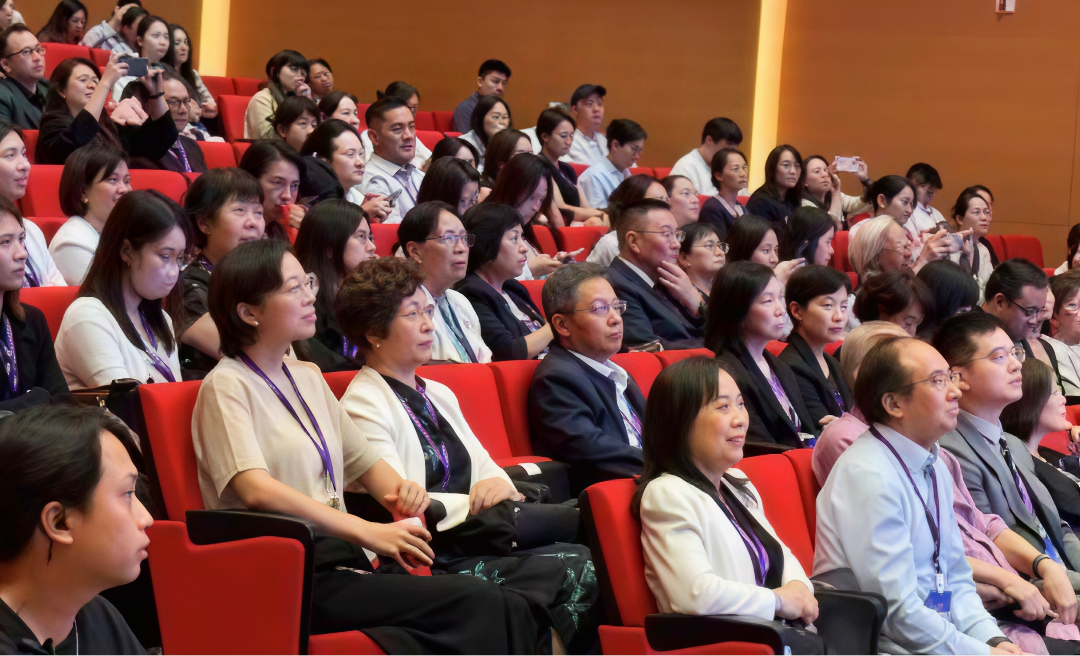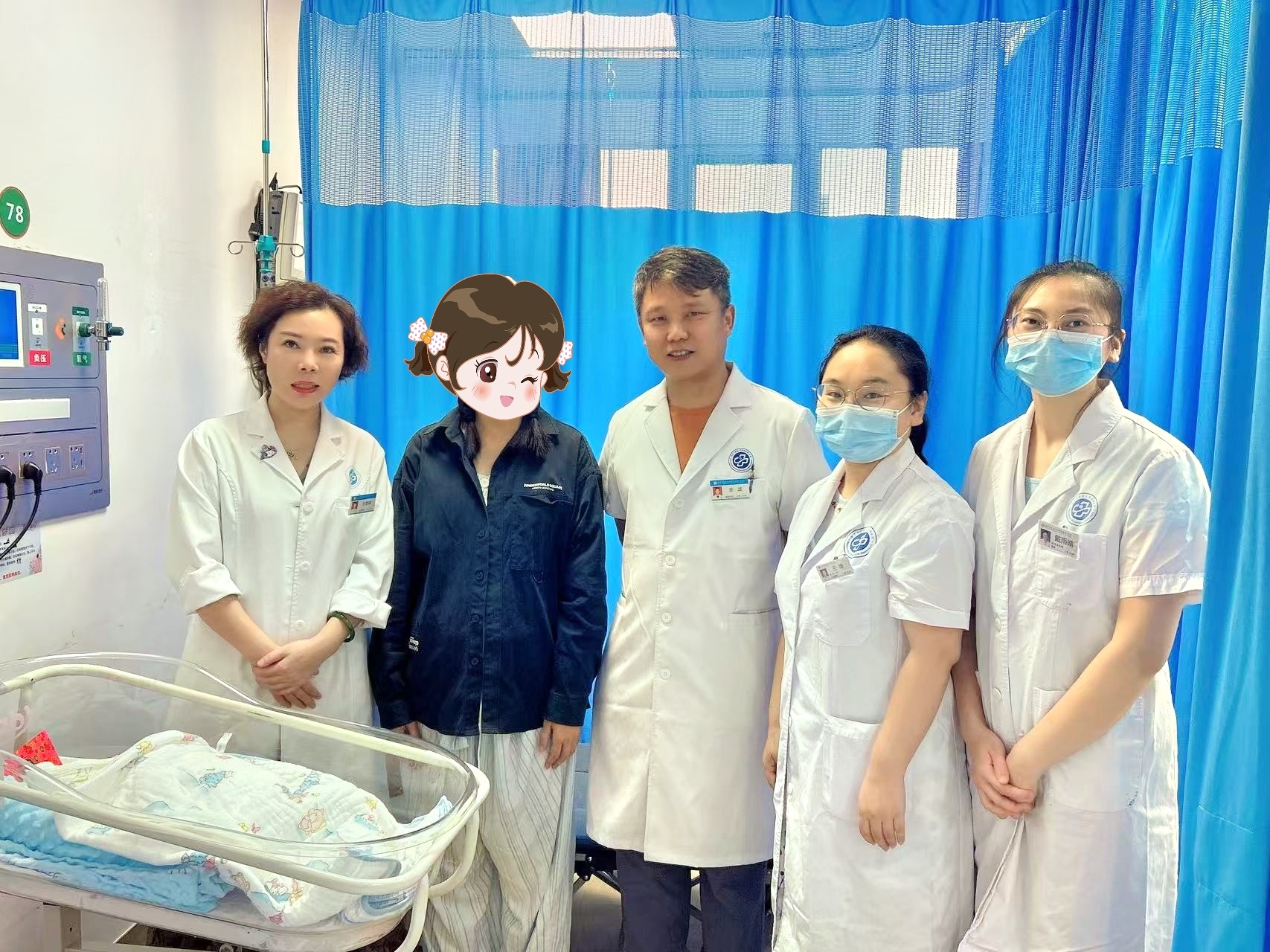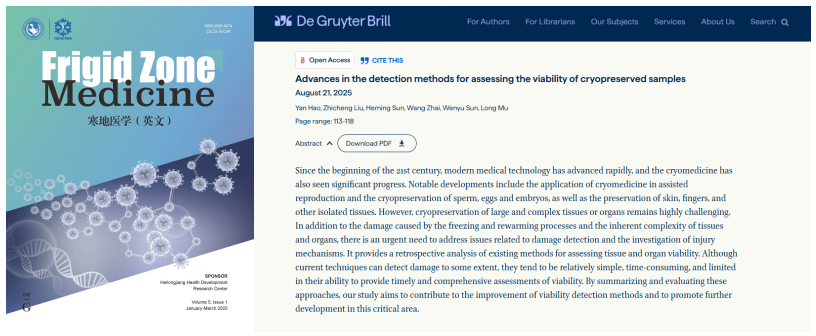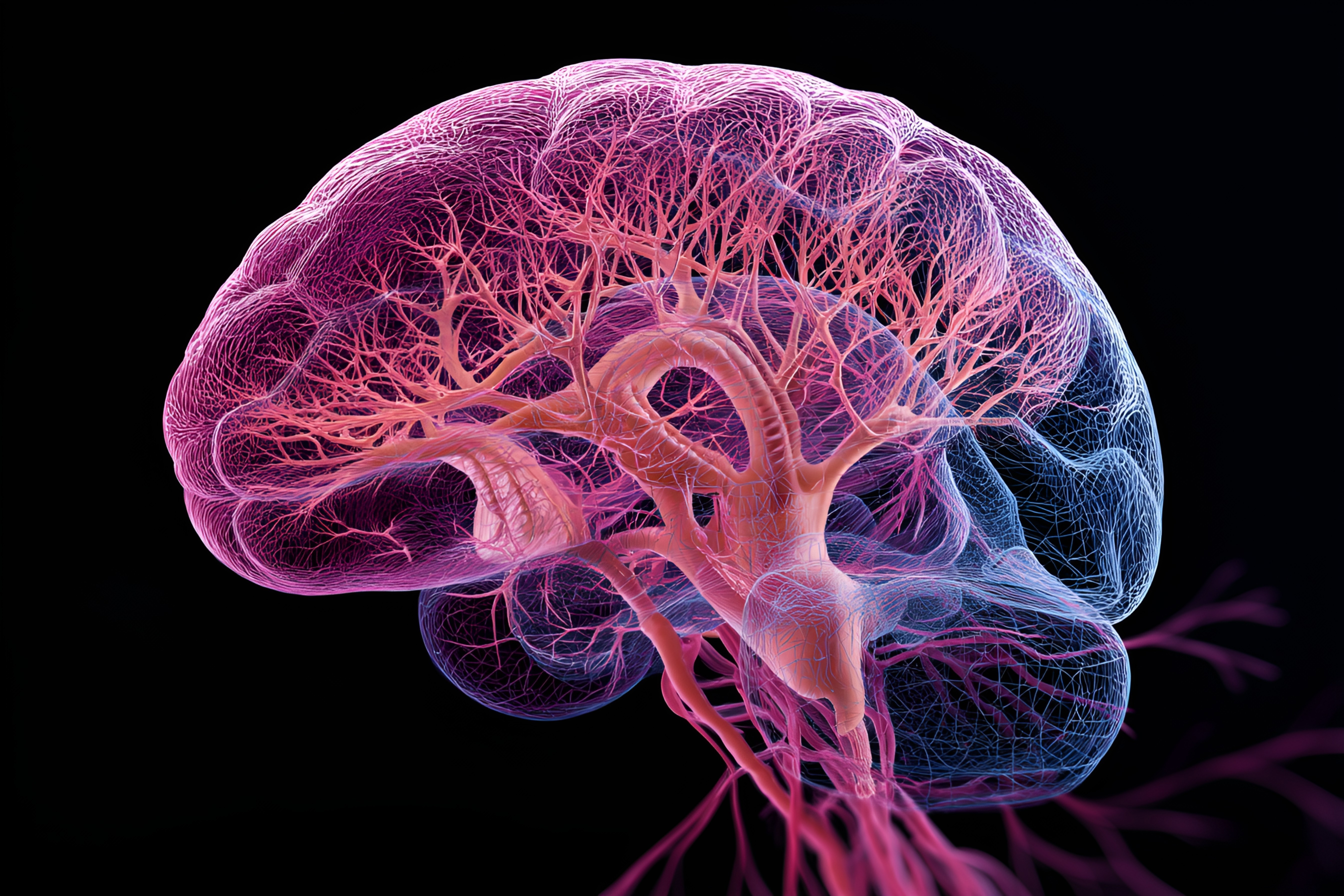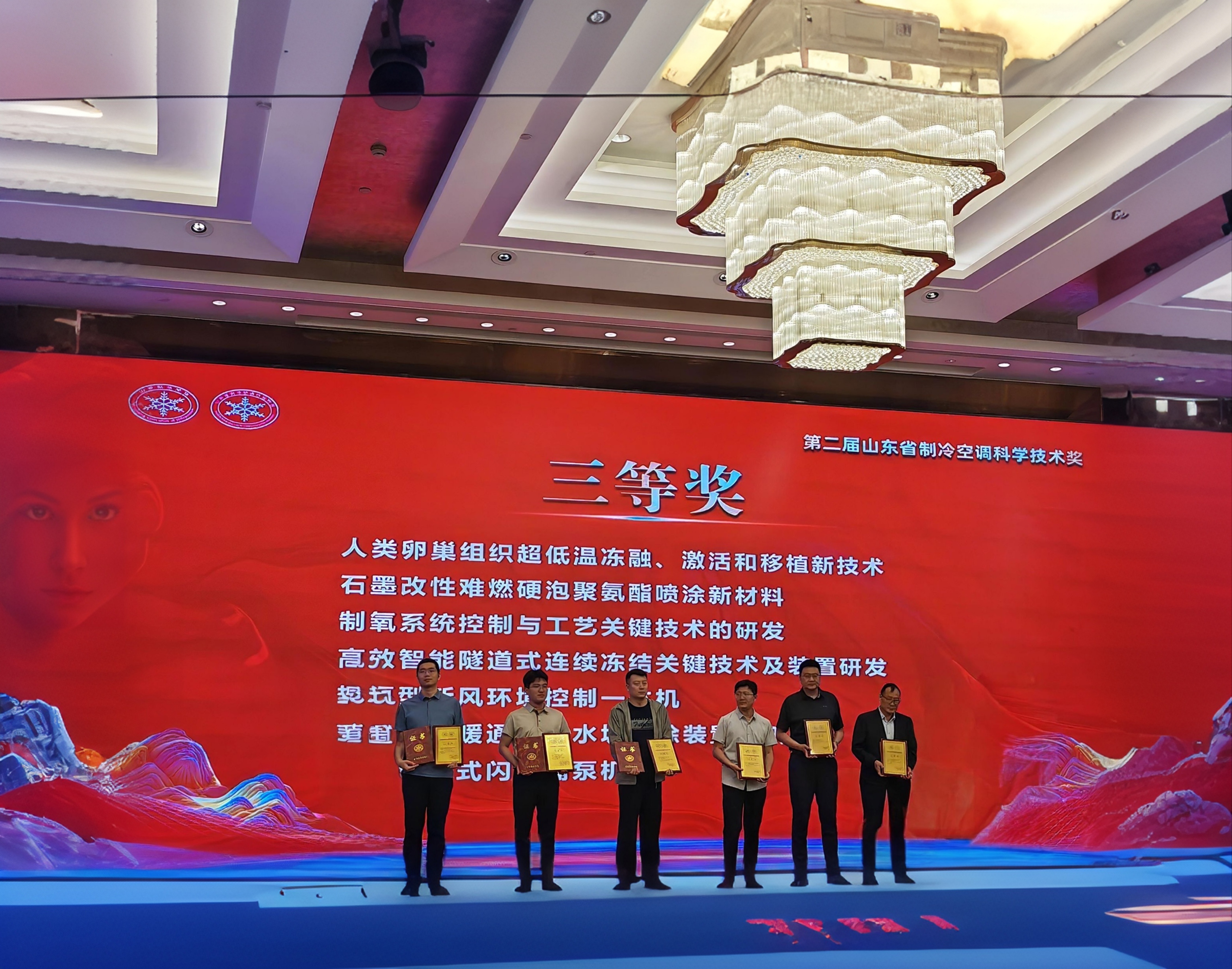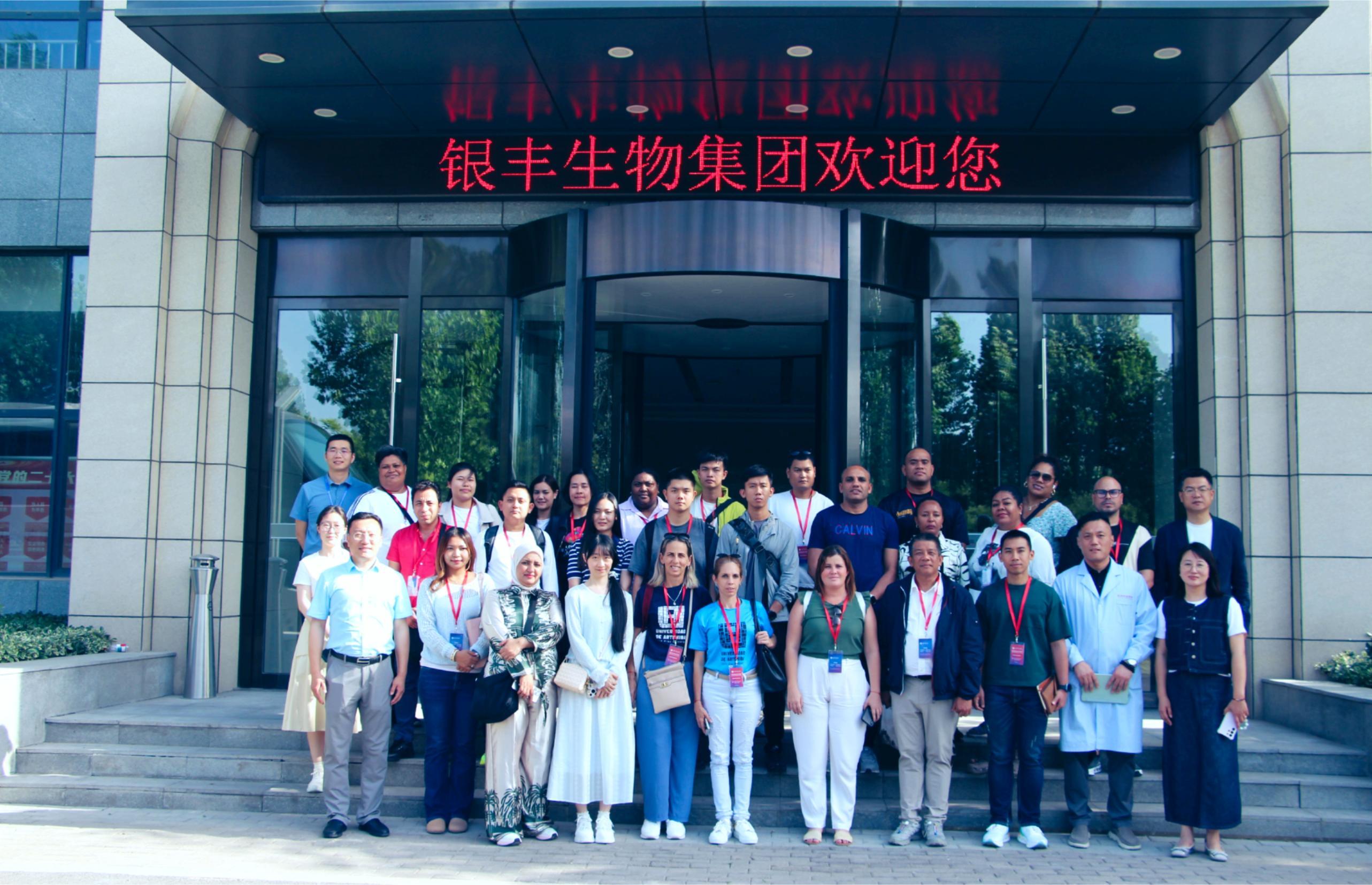"The 'Nobel Prize Indicator': The Lasker Awards Announced - Basic Medicine, Clinical, and Special Achievement Awards Go to Different Recipients
Release time:
2025-09-19
On September 12th, Beijing time, the Lasker Awards, often hailed as the "Nobel Prize indicator" and a top - tier global award in the biomedical field, were officially announced. This year, the three major awards were given to scientists who achieved breakthroughs in cell transport mechanisms, cystic fibrosis therapies, and long - term contributions to biomedicine.
Basic Medical Research Award: Decoding the Cell's "Transport Code" and Filling the Research Gap in Low - Complexity Domains
The 2025 Lasker Basic Medical Research Award was jointly awarded to Dirk Görlich from the Max Planck Institute in Germany and Steven McKnight from the University of Texas Southwestern Medical Center. They were recognized for "discovering the structure and function of low - complexity domains in protein sequences and revealing new principles of intracellular transport and cell organization."
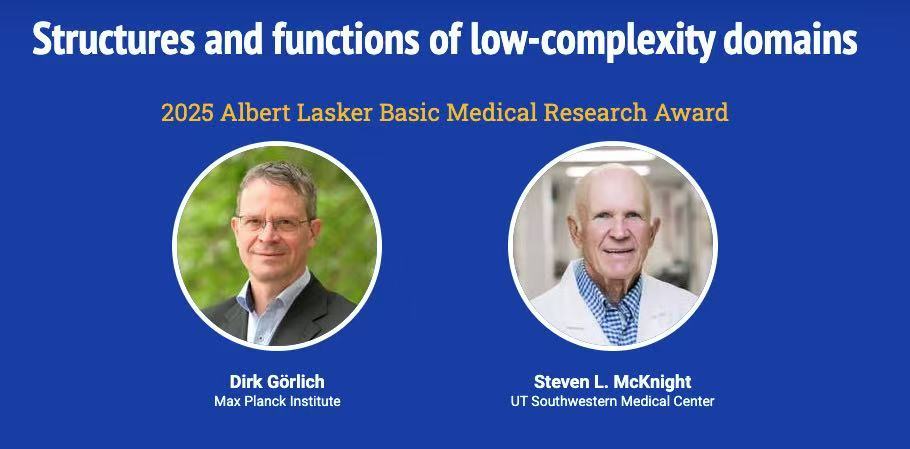
For a long time, the academic community believed that the movement of protein molecules in and out of the cell nucleus relied on the selective transport of nuclear pores, but the mechanism remained a mystery. Görlich's team made the first breakthrough. He first discovered that key transport proteins can recognize nuclear protein signals and drive interactions, and confirmed the existence of a selective removal mechanism for proteins in the cytoplasm. More radically, he proposed the "polar gradient change" theory, precisely regulating the direction of substances entering and leaving the nucleus through the concentration difference of RAN GTP proteins. Around 2006, he further revealed the "hydrogel" nature of nuclear pore complexes: pore proteins form fibrous protein rings and create a gel - like structure through weak interactions, providing a new model for intracellular material transport. This discovery not only rewrote cell biology textbooks but also promoted research in cutting - edge fields such as nuclear pore complexes and phase separation. In the past eight years, the citations of his papers have been continuously increasing, and the clinical value is gradually emerging. McKnight started from the protein sequence itself, systematically analyzing how low - complexity domains regulate cell functions through dynamic assembly, complementing Görlich's research and jointly uncovering the mystery of the cell's "internal logistics." It's worth noting that Görlich was the winner of the "Life Science or Medicine Award" at the first World Top Scientists Association Awards in 2024, and his academic achievements are highly recognized internationally.
Clinical Medical Research Award: Triple Therapy Rewrites the "Fatal" Label of Cystic Fibrosis
The Lasker Clinical Medical Research Award was shared by Michael J. Welsh from the University of Iowa, former scientist Jesús González from Vertex Pharmaceuticals, and current scientist Paul A. Negulescu. They were honored for "developing a new therapy for cystic fibrosis and saving the lives of patients with this fatal genetic disease."
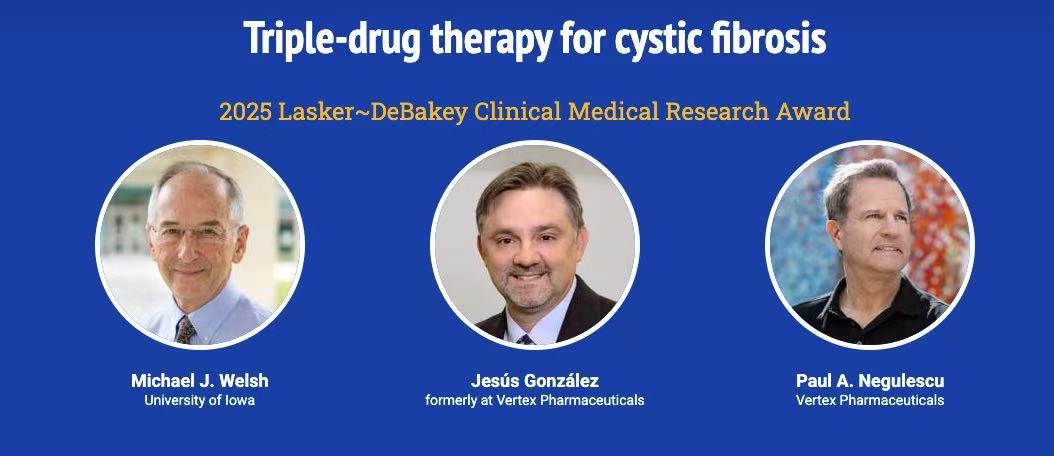
Cystic fibrosis was once a genetic disease with a very high mortality rate. Patients suffered from mucus accumulation and repeated infections in the lungs due to defects in the CFTR protein function. Welsh was the first to clarify the ion - channel function of the CFTR protein and the pathogenic mechanism of its mutations. González established a high - throughput screening system to identify potential drugs from hundreds of thousands of compounds. Negulescu led the research and development, ultimately bringing the triple - drug combination therapy, Trikafta, to the market. This therapy targets the most common mutation types, significantly improving the lung function of over 90% of patients and extending their life expectancy from 30 years to nearly normal levels, transforming a "terminal illness" into a "controllable chronic disease."
Special Achievement Award in Science: 55 Years of In - Depth Research Defining Bacterial "Genetic Logic" and Disciplinary Paradigms
Lucy Shapiro from the Stanford University School of Medicine won the Special Achievement Award for her "outstanding contributions to biomedicine over a 55 - year career." Her research overturned the traditional view of bacteria as "simple single - cell organisms." She first revealed that bacteria can precisely regulate the differentiation of daughter cells through a spatiotemporal - coordinated genetic logic. Moreover, she founded the Department of Developmental Biology at Stanford University, establishing its global leading position in this field. Additionally, she has long provided scientific advice for national infectious disease policies, bridging the gap between basic research and public health.
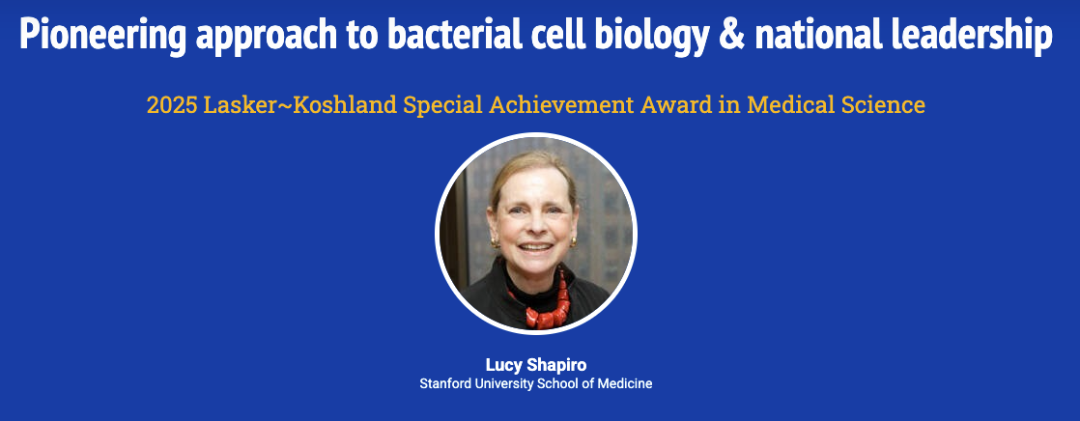
The "Nobel Prize Indicator" Proves True Again: Six Chinese Scientists Have Won This Honor
Established in 1945 and known as the "Oscars of biomedicine," the Lasker Awards are famous for "predicting Nobel laureates." More than 30 winners in the past 20 years have gone on to win the Nobel Prize. Among this year's recipients, Görlich's academic influence and potential for clinical translation are considered "highly competitive for the Nobel Prize." It's worth mentioning that six Chinese scientists have previously won the Lasker Awards, including Tu Youyou (2011 Basic Medical Research Award, later won the Nobel Prize), Dennis Lo (2022, non - invasive prenatal testing), and Chen Zhijian (2024), highlighting the rise of Chinese scientists on the global biomedical stage.
From decoding the cell's "transport code" to developing therapies for genetic diseases, from basic breakthroughs to laying the foundation for disciplines, the 2025 Lasker Award recipients are lighting up the future of medicine with their innovations. As the jury said, "Their work is not only a victory for science but also a milestone in humanity's fight against diseases and exploration of the essence of life."
Latest developments
Over the two days, the symposium was not only a collision of ideas but also seeds sown to advance social progress in life culture. The Shandong Yinfeng Life Science Public Welfare Foundation will continue to use technology as wings and culture as roots, collaborating with all sectors of society to enhance the quality of life for the Chinese people and build a human-centered life care system.
According to recent announcements by the Jinan Municipal Bureau of Science and Technology, 11 outstanding achievements from Jinan have been included in the 2025 "Shandong Outstanding Achievements Report" project. Among them is the globally first-of-its-kind ovarian tissue dual-activation technology developed by Shandong Silver Med Life Science Research Institute (Jinan).
Recently, Frigid Zone Medicine, an authoritative international journal in the field of cryomedicine, published an important review titled "Advances in the Detection Methods for Assessing the Viability of Cryopreserved Samples". Written by the team of Yinfeng Cryomedical Research Center, the article systematically reviews and analyzes various detection techniques currently used to evaluate the viability of cryopreserved cells, tissues, and organs. It also proposes key directions from the perspectives of methodological integration and future instrument development, offering crucial theoretical support and practical guidance for the long - term cryopreservation of complex tissues and organs.
Recently, the "Novel Technology for Ultra-Low Temperature Cryopreservation, Activation, and Transplantation of Human Ovarian Tissue," developed through a collaborative effort between Shandong Yinfeng Life Science Research Institute and Beijing University of Chinese Medicine Shenzhen Hospital, has been awarded the 2025 Shandong Refrigeration and Air Conditioning Science and Technology Award. This groundbreaking technology pioneers a new pathway for female fertility preservation, marking a significant leap in China’s interdisciplinary advancements in reproductive medicine and cryobiology.
On May 19, a delegation from the Chinese Training Workshop for Government Officials of Developing Countries visited the exhibition hall of Yinfeng Biological Group's Cryomedicine Research Center. Government officials from multiple countries gained in-depth insights into Yinfeng’s innovative achievements in cryobiomedicine, cell storage, genetic technology, and other fields. They engaged in discussions with the delegation on technology transfer and international cooperation, contributing to the building of a global community with a shared future for humanity.



